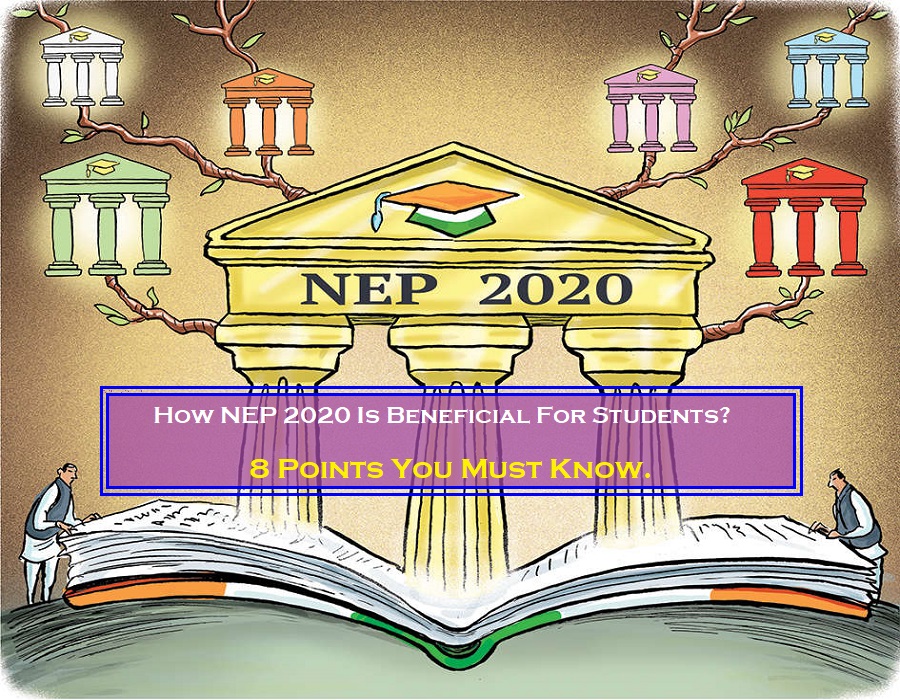
As of my last knowledge update in January 2022, the National Education Policy (NEP) 2020 is a comprehensive framework for transforming the education system in India. While the specific impacts and benefits may vary depending on the implementation and regional contexts, here are some potential advantages for students as outlined in the NEP 2020:
Holistic Development: The NEP aims to foster an education system that focuses not only on academic excellence but also on the holistic development of students. It encourages integrating extracurricular activities, sports, and vocational training into the mainstream education curriculum.
Flexible Learning Paths: The policy supports a multidisciplinary approach, allowing students to choose a combination of subjects across different streams. This flexibility caters to individual interests and talents, providing a more personalized and student-centric learning experience.
Early Childhood Education: NEP emphasizes the importance of early childhood education, recognizing the critical role it plays in a child’s overall development. There is a focus on developing foundational literacy and numeracy skills at an early age.
Reduction in Exam Stress: The policy suggests a move away from rote learning and a reduction in the emphasis on high-stakes board exams. Continuous and comprehensive evaluation methods are encouraged to assess a student’s progress more comprehensively.
Technology Integration: NEP acknowledges the role of technology in education and aims to integrate it effectively into the learning process. This includes the use of online resources, digital content, and other technology-enabled tools to enhance the quality of education.
Skill Development: There is a strong emphasis on skill development and vocational education. The goal is to equip students with practical skills that are relevant to the current job market, promoting employability.
Promotion of Regional Languages: The policy promotes the use of the mother tongue or local languages as the medium of instruction in schools. This is intended to make education more accessible and culturally relevant for students.
Higher Education Reforms: NEP proposes significant changes in the higher education sector, including the introduction of a multidisciplinary approach, greater autonomy for universities, and measures to promote research and innovation.
It’s important to note that the successful implementation of NEP 2020 depends on various factors, including effective policy execution, resource allocation, and collaborative efforts from all stakeholders in the education system. Since my knowledge is not updated beyond January 2022, I recommend checking the latest sources for any developments or changes in the implementation of NEP 2020.

